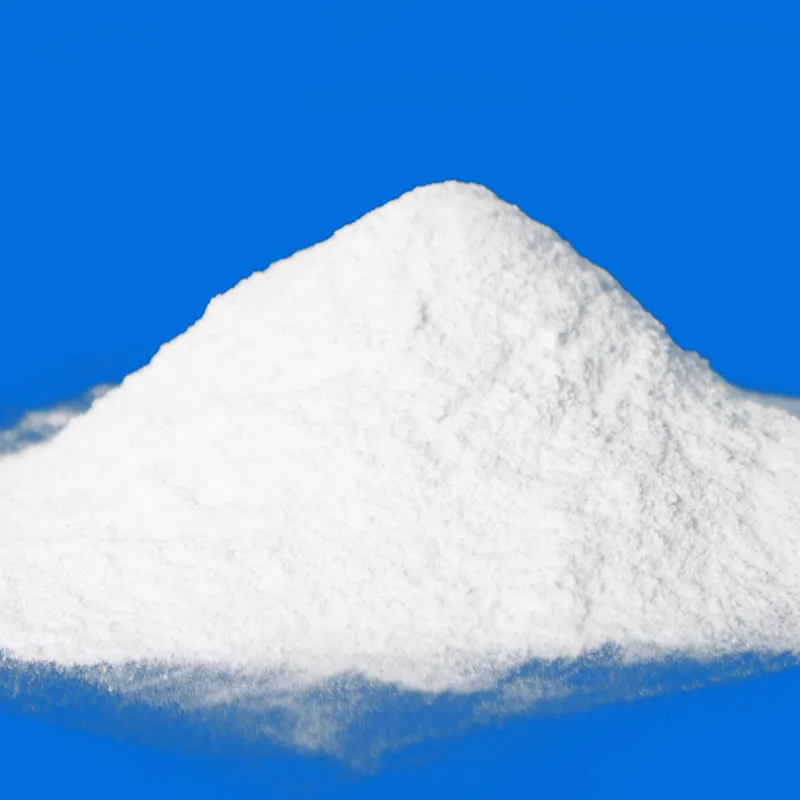
cake emulsifier
The Role of Cake Emulsifiers in Baking
In the world of baking, the quest for the perfect cake often hinges upon achieving the ideal texture and consistency. One of the unsung heroes of this culinary art is the emulsifier, a crucial ingredient that plays a pivotal role in enhancing the quality of cake batters. Emulsifiers are substances that help to mix two immiscible liquids, such as oil and water, providing stability and uniformity to the final product. In the context of baking, cake emulsifiers are vital for ensuring that cakes rise beautifully, maintain moisture, and boast a delightful texture.
Understanding Emulsifiers
To fully appreciate the value of cake emulsifiers, it is essential to understand what they are and how they function. Emulsifiers are typically derived from natural sources like egg yolks, soy, or dairy products, and are also available in synthetic forms. Their primary function is to reduce the surface tension between oil and water, allowing them to blend seamlessly during the mixing process. When combined with other ingredients like sugar, flour, and eggs, emulsifiers help to create a uniform batter that can trap air and expand during baking, resulting in cakes that are light and fluffy.
The Benefits of Using Cake Emulsifiers
1. Improved Texture One of the most significant benefits of cake emulsifiers is the improvement in texture. Cakes made with emulsifiers tend to have a finer crumb structure, which enhances the overall mouthfeel. The even distribution of fat in the batter leads to a soft and moist cake, making each bite a delightful experience.
2. Enhanced Shelf Life Emulsifiers can also extend the shelf life of baked goods. By retaining moisture and preventing staling, these ingredients help cakes stay fresh for longer periods. This is particularly important for commercial bakers who produce cakes in bulk and need to ensure product quality over time.
cake emulsifier

3. Better Volume and Rise A well-emulsified batter is crucial for achieving optimal volume and rise. Emulsifiers improve the aeration process during mixing, which leads to a greater incorporation of air into the batter. This is vital for leavening, which allows cakes to rise properly in the oven.
4. Uniformity in Mixing In baking, consistency is key. Emulsifiers ensure that ingredients blend uniformly, reducing the likelihood of separate layers forming in the batter. This uniformity not only contributes to the cake's texture but also affects its flavor distribution, ensuring a harmonious taste throughout.
Common Types of Cake Emulsifiers
Several types of emulsifiers are commonly used in cake baking. Lecithin, often derived from soy or egg yolks, is one of the most popular choices. It not only acts as an emulsifier but also contributes to moisture retention. Mono- and diglycerides, synthetic emulsifiers derived from fats and oils, are frequently used in commercial baking to enhance texture and extend shelf life. Additionally, sucrose esters, which are derived from sugar, offer both emulsifying and stabilizing properties, making them suitable for various cake formulations.
Conclusion
In conclusion, cake emulsifiers are essential ingredients that greatly influence the quality of baked goods. From improving texture and extending shelf life to ensuring proper aeration and uniformity, these emulsifiers play a vital role in producing cakes that leave a lasting impression on the palate. As bakers continue to explore innovative techniques and formulations, the importance of emulsifiers in crafting the perfect cake cannot be overstated. For both home bakers and professionals alike, understanding and utilizing cake emulsifiers can lead to more successful and satisfying baking experiences. In the ever-evolving world of baking, mastering the art of emulsification might just be the key to unlocking new levels of cake perfection.
-
Comprehensive Guide to Acetic Acid as Preservative: Benefits, Uses & Future TrendsNewsNov.24,2025
-
What Is a Food Additive? Global Insights, Applications & Future TrendsNewsNov.24,2025
-
968 Sweetener: The Modern Solution for Health-Conscious SweeteningNewsNov.23,2025
-
Discover the Benefits and Uses of 965 Sweetener (Erythritol) | Tenger ChemicalNewsNov.23,2025
-
961 Sweetener - A Next-Gen Sugar Alternative for Health and IndustryNewsNov.23,2025
-
Understanding 960 Sweetener: The Modern Sugar Alternative for Health and IndustryNewsNov.22,2025
-
Everything You Need to Know About 955 950 Sweeteners – Benefits, Uses, and TrendsNewsNov.22,2025
Hebei Tenger Chemical Technology Co., Ltd. focuses on the chemical industry and is committed to the export service of chemical raw materials.
-

view more DiethanolisopropanolamineIn the ever-growing field of chemical solutions, diethanolisopropanolamine (DEIPA) stands out as a versatile and important compound. Due to its unique chemical structure and properties, DEIPA is of interest to various industries including construction, personal care, and agriculture. -

view more TriisopropanolamineTriisopropanolamine (TIPA) alkanol amine substance, is a kind of alcohol amine compound with amino and alcohol hydroxyl, and because of its molecules contains both amino and hydroxyl. -

view more Tetramethyl Thiuram DisulfideTetramethyl thiuram disulfide, also known as TMTD, is a white to light-yellow powder with a distinct sulfur-like odor. It is soluble in organic solvents such as benzene, acetone, and ethyl acetate, making it highly versatile for use in different formulations. TMTD is known for its excellent vulcanization acceleration properties, which makes it a key ingredient in the production of rubber products. Additionally, it acts as an effective fungicide and bactericide, making it valuable in agricultural applications. Its high purity and stability ensure consistent performance, making it a preferred choice for manufacturers across various industries.





